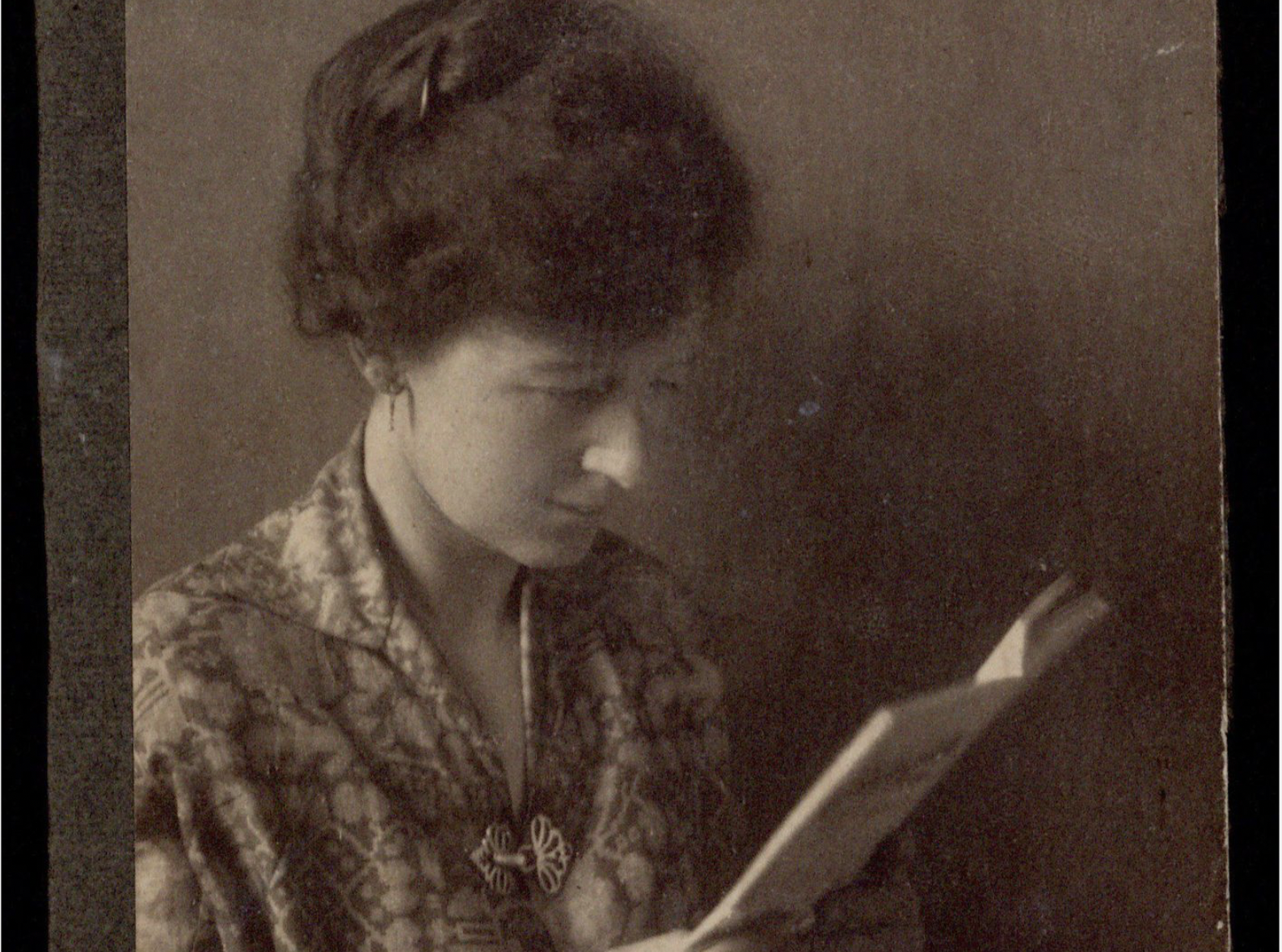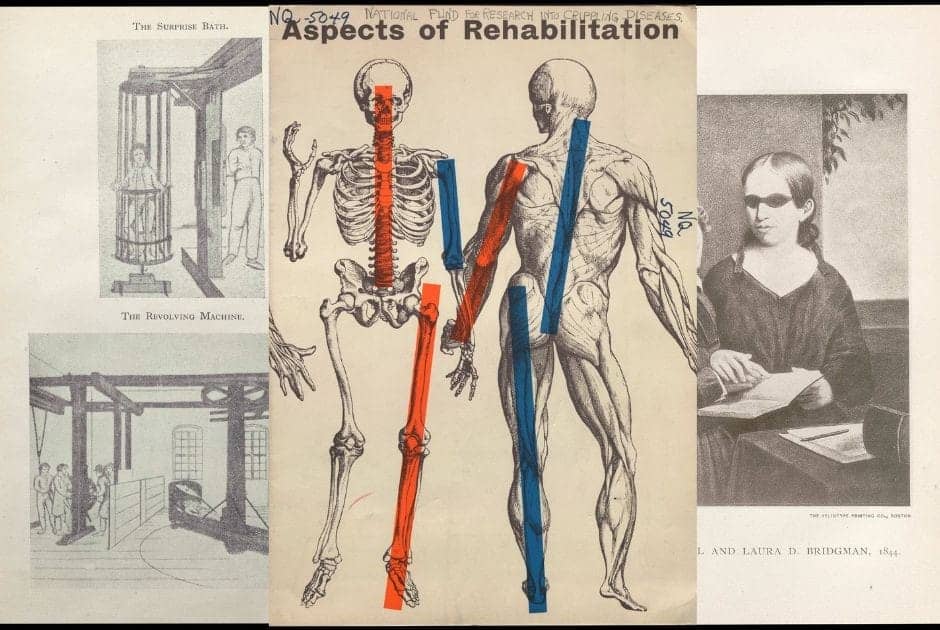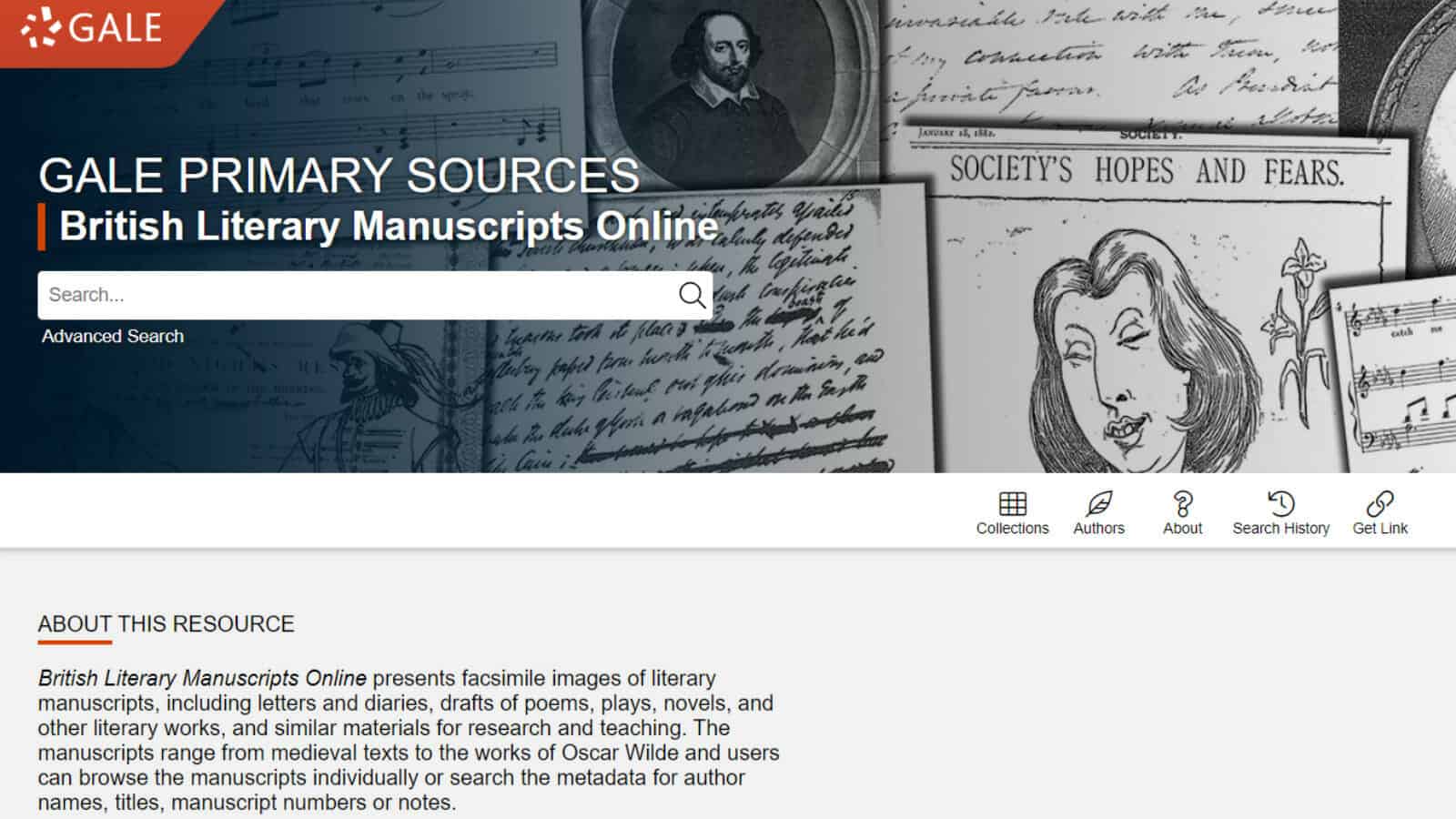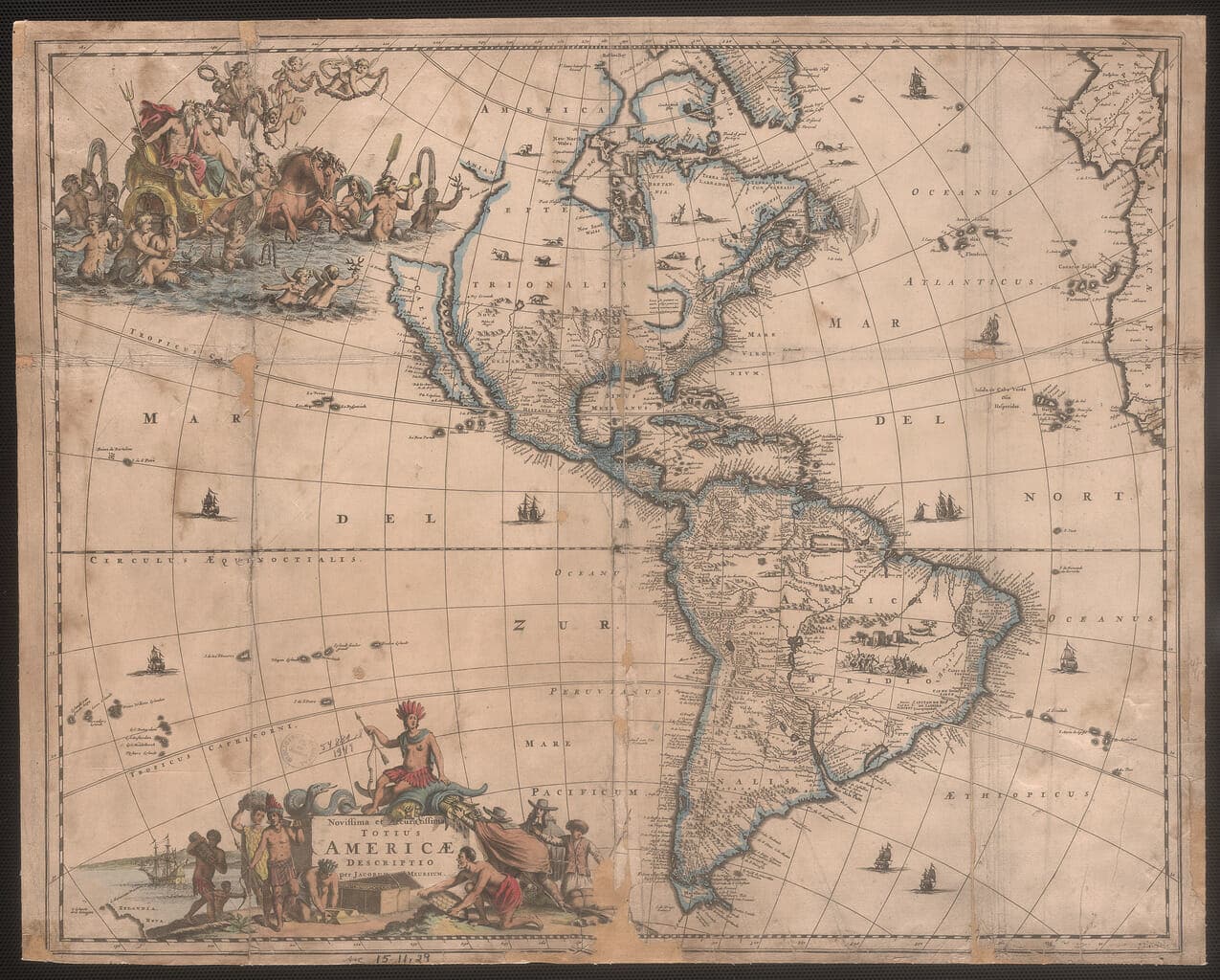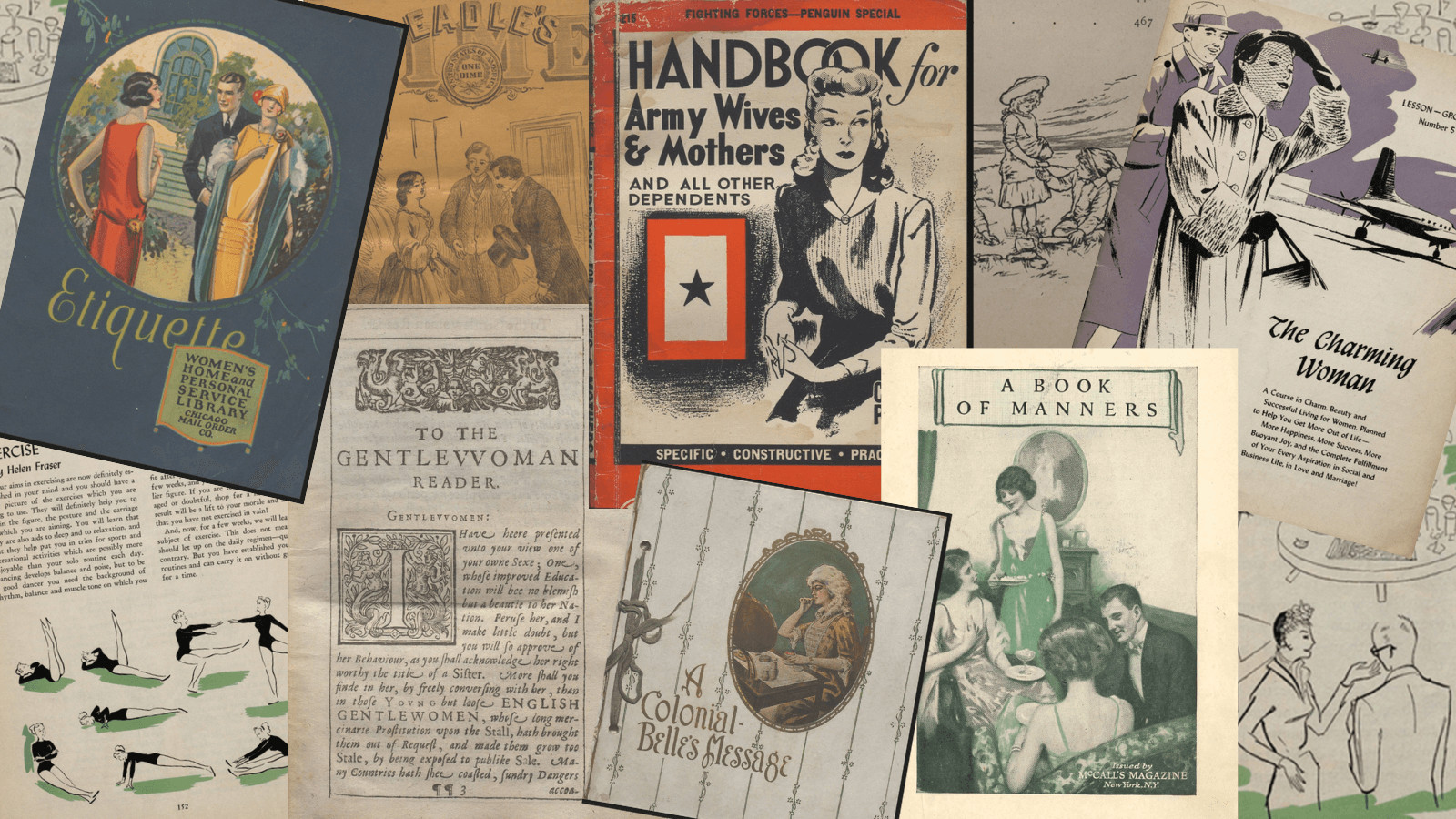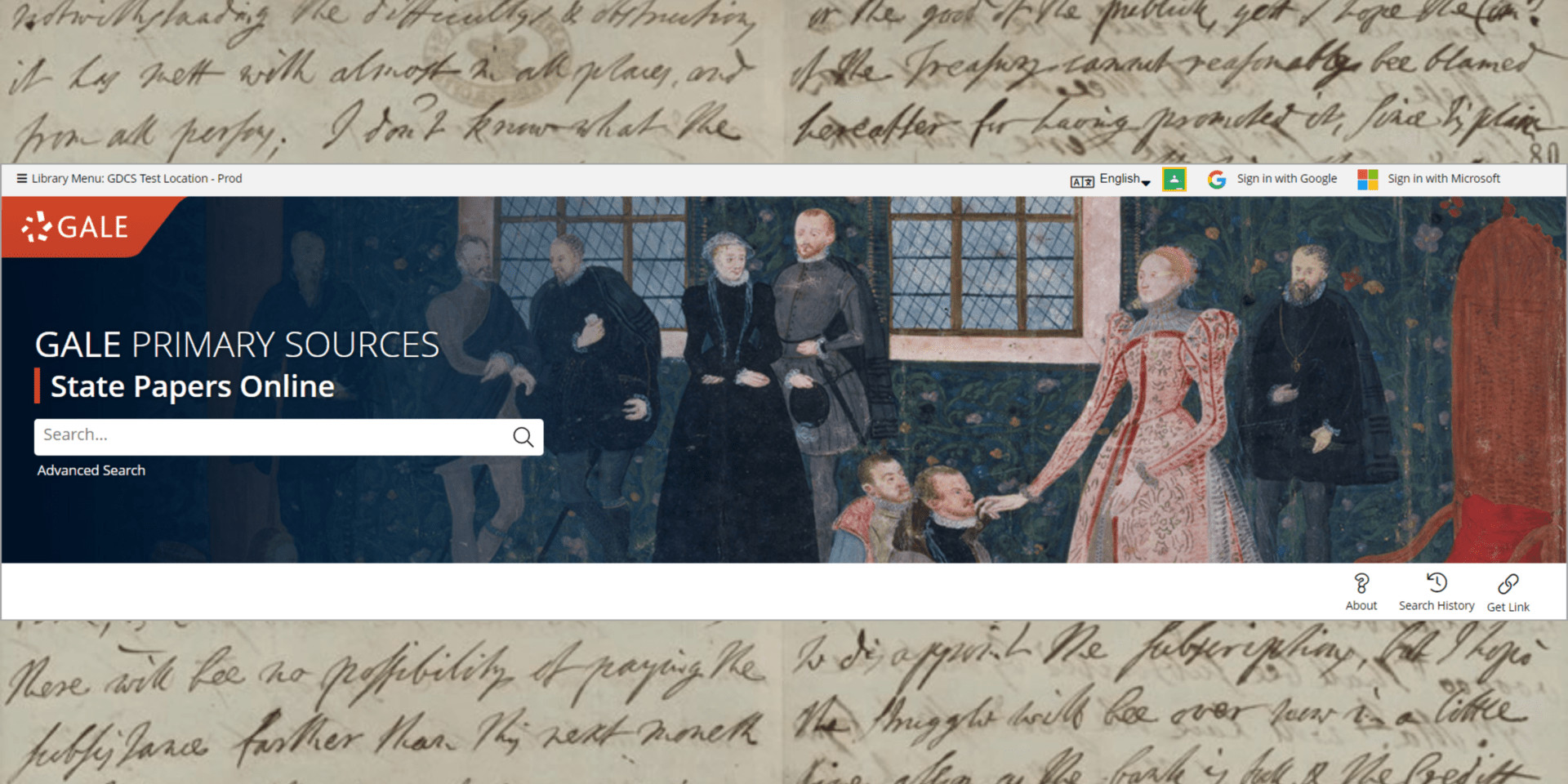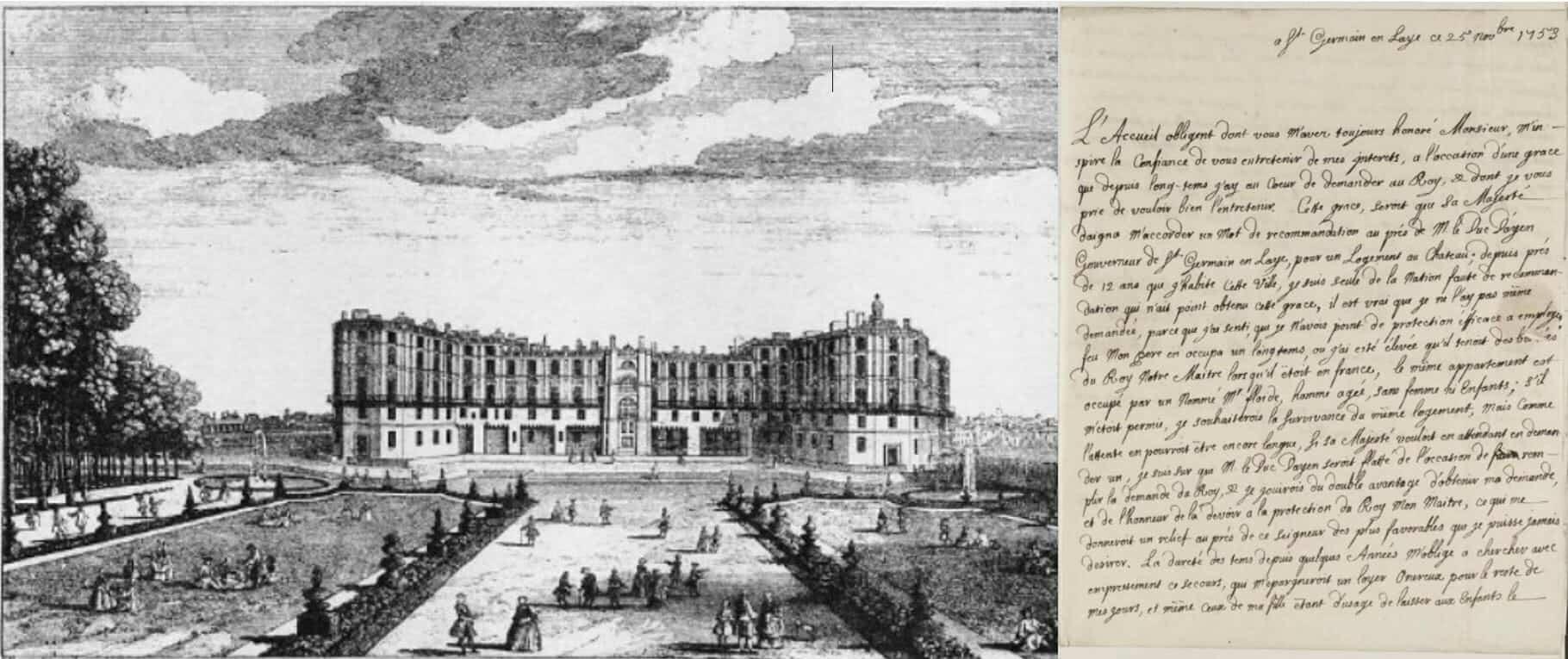|By Phil Virta, Senior Acquisitions Editor, Gale Primary Sources|
Gale’s Archives Unbound collection Etiquette and Advice, 1631-1969 is a fascinating digital archive of material from Winterthur Museum and Library in Delaware. A collection of 429 British and American etiquette books and rare print ephemera, it allows us to explore the question, “who gets to decide what behaviours are ‘good’ or ‘polite’?” The materials span from the seventeenth to twentieth century, offering tidbits on everything from table manners to travelling, conversation to courtship, home furnishing to hospitality. Author Dena Attar observes, in the face of fears about the “decay of modern manners and the instability of society, [etiquette] writers often described their books as necessary correctives for wider social problems.” This collection will therefore interest not only book historians, but also social historians, literary critics, cultural studies scholars, feminists, and other lifelong students of transatlantic history.
Read more


